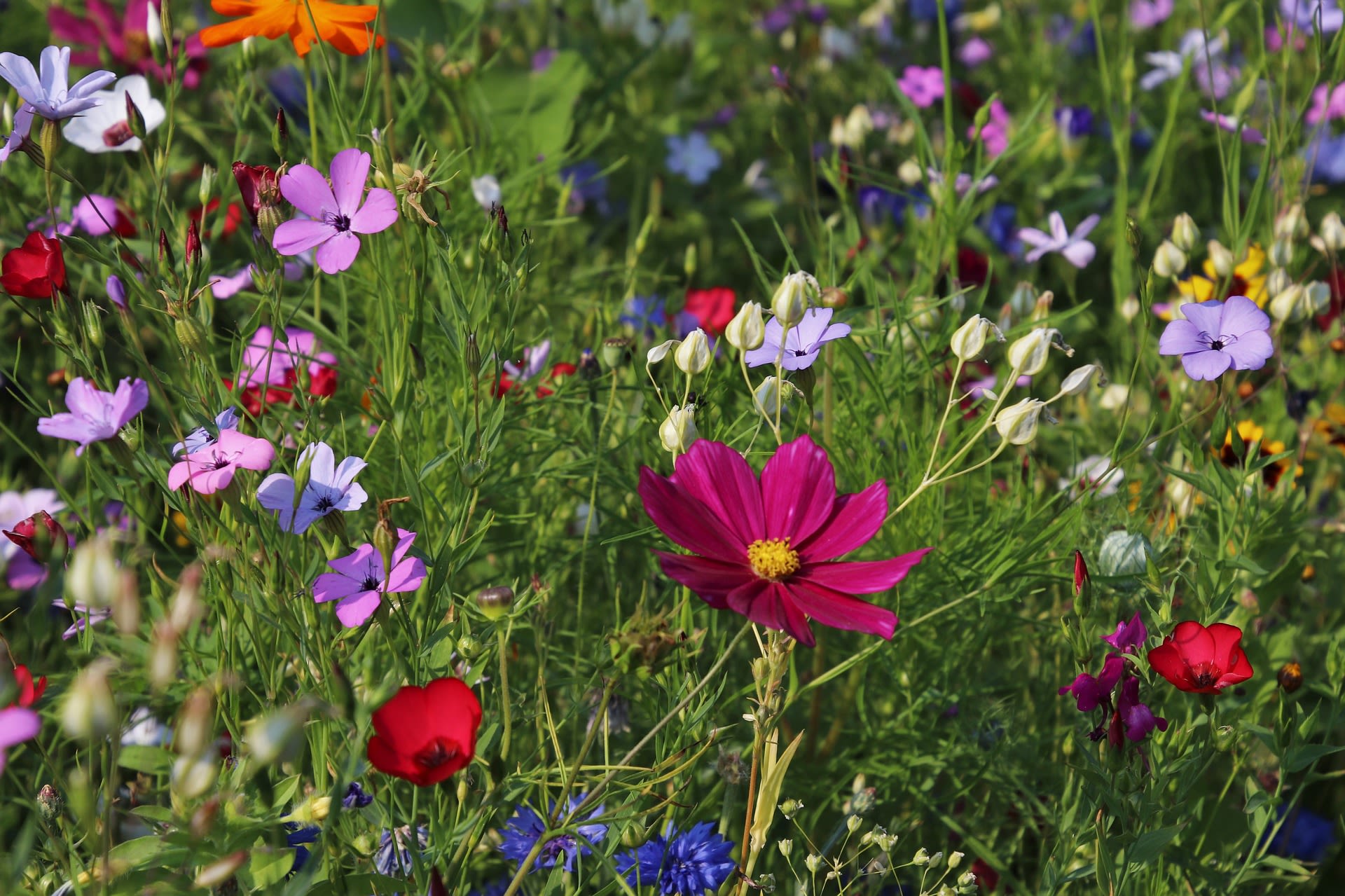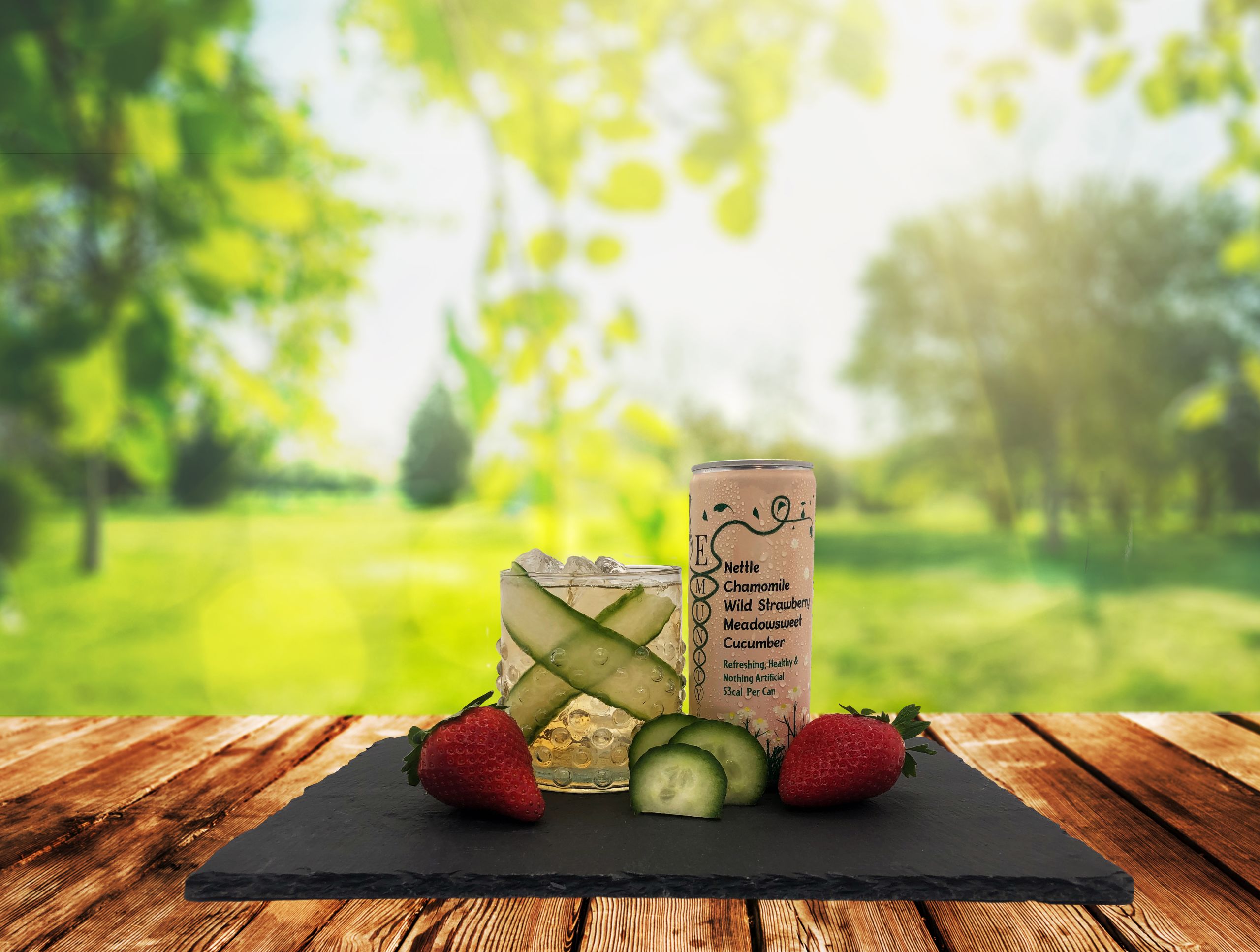Why we should all be eating garden weeds

Natural remedies have been common for millennia, but many often perceive these as requiring exotic ingredients. However, even common garden weeds can provide health benefits. I had the opportunity to ask Roy Lamb, a pharmacist and co-founder of Nasslor Health-drinks Ltd, about this and gain an insight into the value of these plants that are often seen as a nuisance, rather than a source of well-being.
What are the primary health benefits of eating garden weeds? Is there potential for them to prevent diseases?
“The health benefits of eating garden weeds are twofold. Firstly, we have the tremendous nutritional value of the plants containing essential amino acids, vitamins, minerals, fats and polysaccharides. Secondly, the rich content of bioactive compounds metabolised by the plant such as polyphenols, flavonoids, terpenes and coumarins are known to have specific therapeutic actions in the body. This is the focus for current research into identifying the bio-active compounds that can help prevent or treat illness and disease and establish the mode of cellular action involved.”
This science has been shown in practice too: Andrew Martin reported the story of Julia, a stroke victim that suffered from low platelets. Julia noted that after consuming green weed smoothies daily, her energy levels increased, her joint pain improved and she lost weight. While this is only anecdotal evidence, it does suggest that the science works in practice and garden weeds can have a notable difference on someone’s health.

Do weeds provide better nutrition than conventional vegetables?
“Research comparisons of the nutritional content of weeds versus traditional vegetables (e.g. Berkeley Open Source Food Project) found that weeds, such as the dandelion, boasted more dietary fibre, protein, Vitamin A and K, calcium and iron and provided more energy than farmed kale. Critically these weeds were foraged in the middle of a drought in California which points to the efficiency of the weeds root system in extracting maximum mineral and chemical sources from the soil to metabolise.”
For context, Vitamin K is crucial for blood clotting and helping wounds to heal, while Vitamin A helps the immune system and keeps skin and some body parts healthy. This demonstrates how valuable garden weeds can be in improving significant aspects of your health.
Which garden weeds provide the best health benefits? Is there a certain weed in particular that is the best?
“The weeds that provide the best health benefits are those that are actually classified as herbs. Much of their medicinal action in the body can be classified according to the plants’ therapeutic constituents. The safety and efficiency of these herbs is based on ancient folklore alongside modern scientific research."
Below are some of the health benefits of common weeds.
"Chickweed - leaves and flowers: Anti- inflammatory, diuretic, astringent, carminative, expectorant but laxative in higher doses.
Plantain – leaves: Antispasmodic, diuretic, decongestant, antiseptic.
Burdock - root and leaves: Bitter tonic, mild laxative, anti-microbial, hypoglycaemic, probiotic.
Dandelion - leaf and root: Bitter digestive and liver tonic, anti-inflammatory. May stimulate pancreatic cells to increase insulin secretions."
Health benefits of nettles
"However, the poor old nettle much maligned for its sting is now being recognised as a superfood and rich source of therapeutic phytochemicals with tremendous potential health benefits:
Nettle is known to lower blood pressure (1) and blood sugar (2) reduce the effects of photoaging (3), help in fighting the symptoms of hay fever (4), have antibacterial properties (5) and boost the immune system (6). Recent studies have also shown that it can slow the growth of certain prostate cells helping reduce urinary flow obstruction and decreasing the need for night-time urination.
A good way of obtaining a source of nettle without the need to forage is to try a new health drink that contains spring water, 500mg of nettle extract and other beneficial plant extracts.”
Lamb’s company, Nasslor Health-drinks Ltd, make Emunity, a detox health drink that utilises the healing and immunity-boosting benefits of nettle. The nettle is mixed with English Garden Herbs to create a 100% natural drink with only 53 calories per can

Emunity drink
Emunity drink
What are the best ways to grow weeds to maximise health benefits?
“Conditioning the soil to provide the maximum amount of nutrients and minerals for the plant to absorb and metabolise is essential to produce the maximum amount of beneficial bioactive molecules. Watering will promote growth but is not critical due to the efficiency of weed root systems compared to other plants. The largest weed bed I have seen was half an acre of nettles at an organic farm in the U.K. which manufactures our nettle extract.
After harvesting the weed, it should be consumed within a few days to maximise nutritional and bioactive compounds content.”
However, despite these benefits, there is still a danger of eating the wrong weeds, with Lamb advising people to be careful: “Please look up and read about any weeds you are considering consuming to increase your knowledge and risk awareness. Please ask for advice from a herbalist or pharmacist if you are concerned about interactions with any medication that you may be taking.”
Dr Carrie Ruxton also emphasises this, explaining that people must “take care to identify edible weeds properly, as some plants such as hemlock, deadly nightshade and foxgloves contain powerful toxins which can cause illness, and even kill.”
In conclusion, while they are not the most conventional source of nutrients, garden weeds do have significant potential in improving health. Lamb suggests nettles are the best for this, offering a broad range of benefits, from lowering blood sugar to boosting the immune system. That isn’t to say nettles are the only useful weed however, with you being likely to find beneficial weeds in your own garden.
